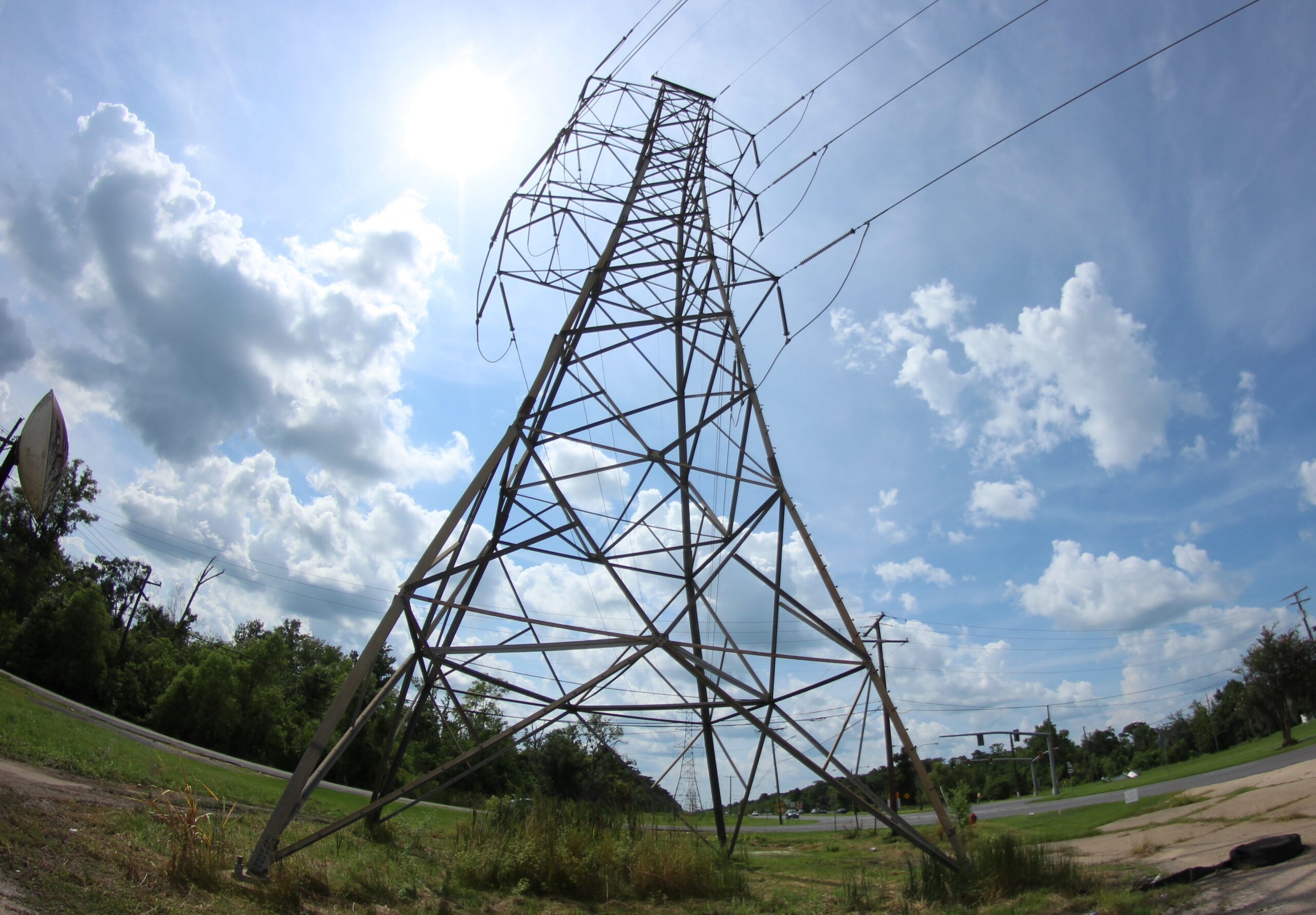The article is rather one-sided but this isn’t actually as silly as it sounds. Utility company expenses don’t go down to zero if people stop using electricity because power plants and electrical grids cost a lot of money just by existing. It’s also possible that these efficiency improvements don’t actually decrease peak loads much in which case utility companies might not even be able to shut down power plants. I think it’s common for utility companies to add a constant fee just for being hooked up to the grid to cover such costs (for example, that’s what California is doing) and because these companies are so heavily regulated, they need government permission to do that.
Wow it’s almost like running vital utilities as private for profit companies is a terrible idea and they should be nationalized
But people hate taxes, they’d rather be forced to pay a larger amount to a private company so shareholders get some of their money for free
I don’t think that’s self-evident. In practice private companies can often be a lot more efficient than the government, but there’s a more fundamental objection too: taxpayers can choose to invest the money they save from paying lower taxes into the private utility company and by doing so they get the same amount of “free money” that they would have saved by paying more taxes upfront for a government-owned utility. In other words, if owning a utility company is so great, you can do it yourself via the free market rather than via the government.
More efficient does not equate to cheaper for consumers, it just means more profits for the owners. A private company will always maximize those profits at the expense of the consumer. A public consortium has no need for profit and can spread costs evenly across all users based on usage.
Your whole point lacks any semblance of the reality of inequality, the reality of being poor or even middle class. The absolutely non sense idea that a private utility company would even sell you shares or that even if they did that owning some tiny amount of a company is the same as being part of a democratic process or that for profit companies can even be allowed to make choices that are counter to making profit.
I will accept that existing bureaucratic schemes and liberal democracies are lacking and we can do better but its not by privatization.
In Ontario, Canada if companies or individuals participate in energy savings programs where rebates are funded by the government then they increase rates to accommodate the list revenue from the savings of those programs. If you participate you still get a savings since when the rates go up you won’t go up as much and if you don’t then your at a loss since rates going up from other people participating will impact that.


